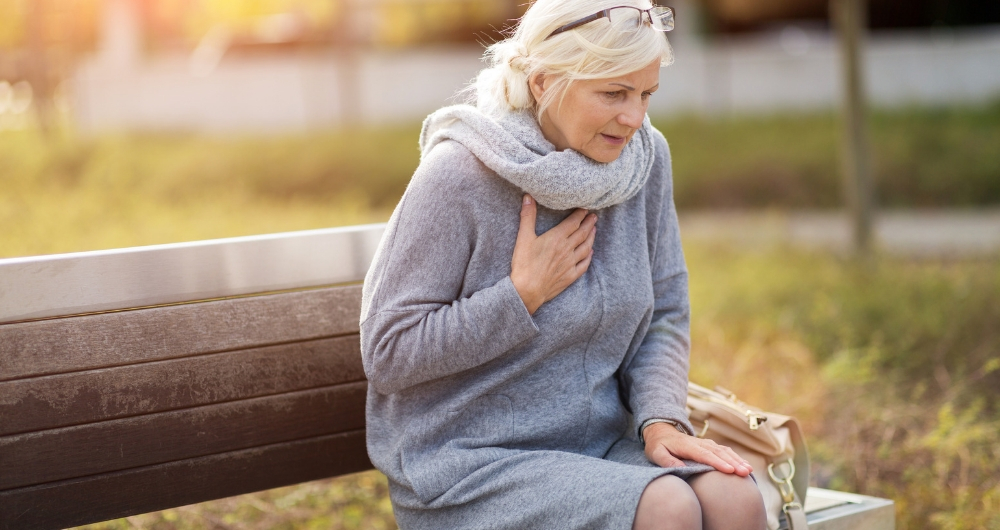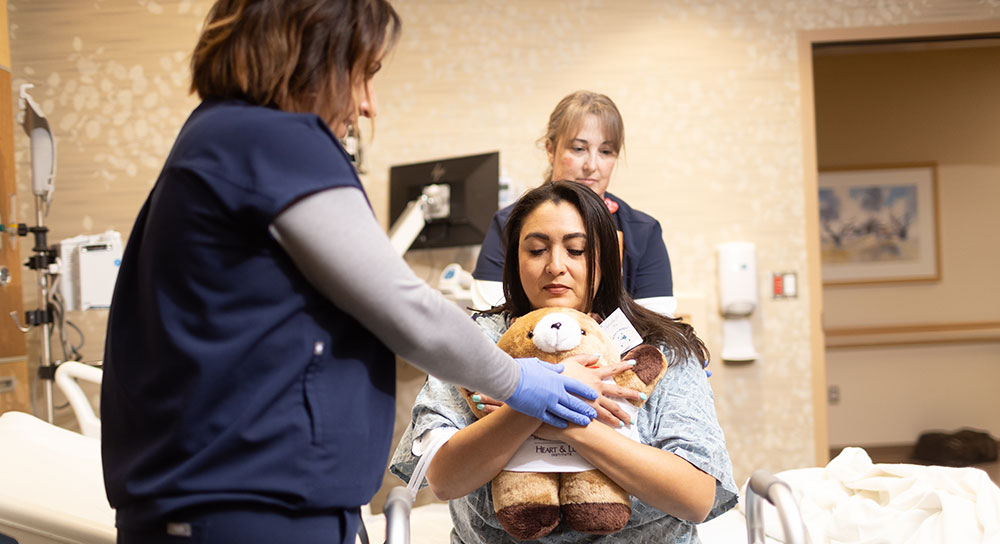She was taken to a hospital where doctors found blockages clogging nearly 90 percent of the artery that supplies most of the blood to her heart and 75 percent of another artery. Lucci needed stents in both arteries.
But how did it get so bad? Lucci had symptoms for few weeks, but ignored them.
Heart disease is still the leading cause of death worldwide. Knowing and paying attention to the common symptoms could save your life.
“Nobody has to die of a heart attack” Lucci says. “You just have to listen to your symptoms and act on them.”
Common Symptoms of a Heart Attack
The following symptoms affect both men and women. If you experience any of these or think you are having a heart attack, seek medical attention immediately:- Chest pain or pressure with pain spreading to shoulders, neck, arm or jaw
- Nausea, vomiting
- Sweating, fatigue
- Shortness of breath
How Heart Attack Symptoms are Different for Women
Heart attacks happen when cholesterol blocks off an artery and damages the heart muscle. But it can look much different for women than men.In men, the cholesterol commonly clumps in the artery. In women, instead of one big clump, it spreads throughout the blood vessel. Both cause damage, but the warning signs might not be as dramatic if you’re a woman.
In fact, women can experience a heart attack without any chest pain or pressure. Instead, the symptoms may feel like the flu: shortness of breath, dizziness, lightheadedness, extreme fatigue or pain in the upper abdomen or upper back.
The signs can be subtle, but pay attention to symptoms – it could save your life.
It’s better to ask your physician to check your heart, than to find out too late.






